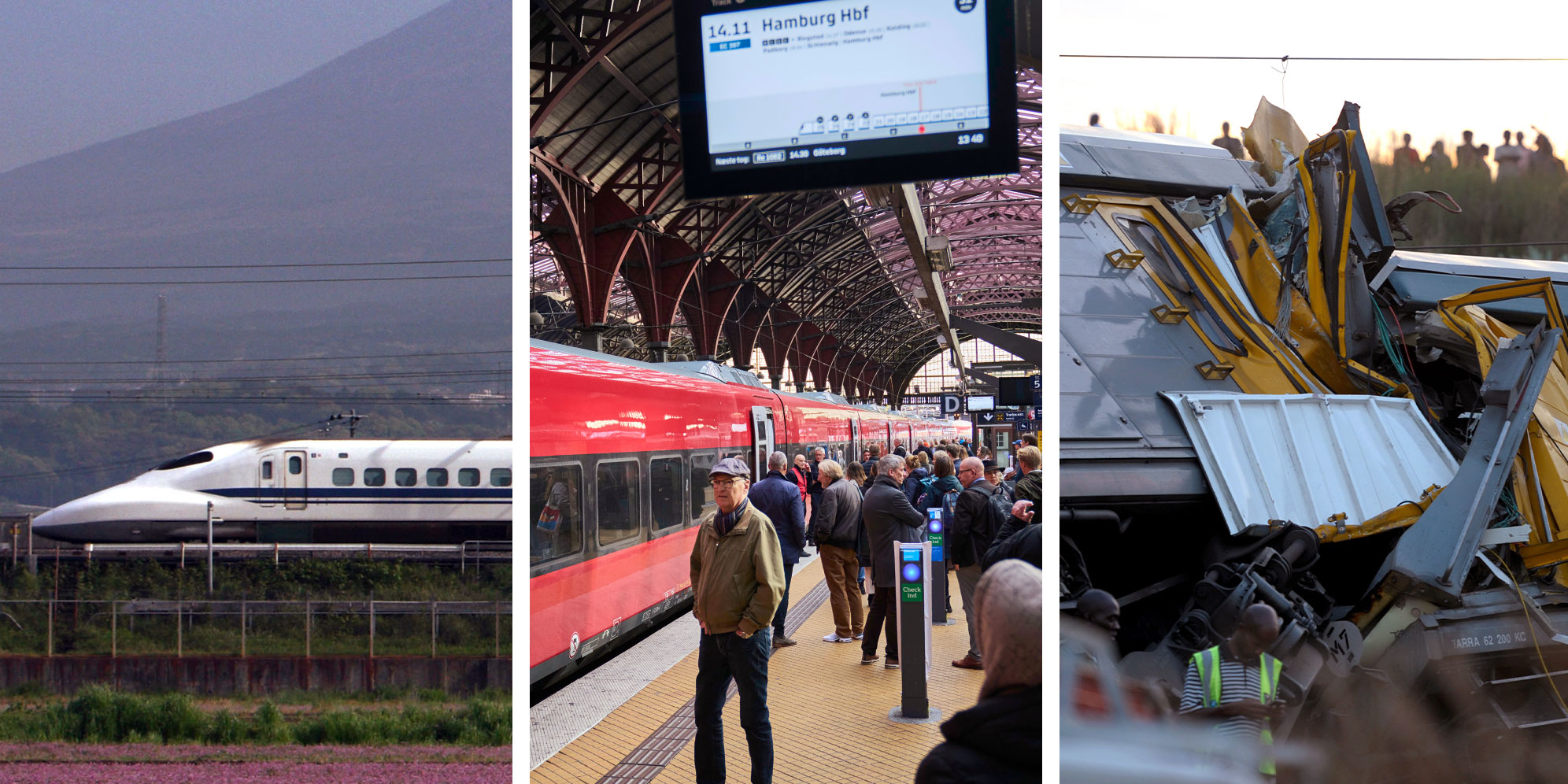
A major achievement of the postwar era, following the massive destruction and chaos of World War 2, was the creation of an international financial and economic architecture comprising the World Bank, the IMF and the World Trade Organization.
Nevertheless, a run of international financial crises at the close of the 20th and beginning of the 21st centuries made it clear that stronger cooperation between major economies was crucial to avoid future crises that could disrupt the economic and financial landscape.
That realisation gave birth to the G8 and, in turn, the G20, bringing more key nations into the tent. Until recently there had been a consensus that trade liberalisation and lowering tariffs were important for increasing the international trade that supported the economic growth of rich and poor nations alike.
Sadly, in recent years, there has been a rise in both protectionism and other trade barriers. This trend was ignited by growing American tariffs against friends and competitors, and, in many cases, by retaliatory actions taken by those trade partners. Other nations have imposed trade barriers in response to political disputes, such as, most recently, by China against Japan.
Read more: Expert panel proposes sweeping measures for G20 to refinance low-income nations’ debt
Given the themes of this year’s G20 defined by host South Africa – “solidarity, sustainability and equality” – it is unlikely that there will be significant time for substantive discussions about reinvigorating a global free trade agenda as a road to growth, in contrast to economic redistributionist ideas (between nations rather than within nations), per the new Stiglitz Report and discussions at the C20 gathering among NGOs and activists.
The B20
However, the B20 gathering of business leaders running parallel to the government leaders’ gathering may well focus on more concrete objectives and outcomes. At the very least, despite the US government’s boycott of the G20, at the B20, the US Chamber of Commerce and a major contingent of representatives from American businesses in Africa and beyond are a visible presence among the 3,000 or so participants.
They will have an active role in the dialogue (they are on the lookout for new opportunities, given Africa’s expected 1.4 billion people soon enough), rather than at the other meeting where the world’s biggest economy will be sulking in its tent (with apologies to Homer’s Achilles).
Typical of the approach was a comment by one South African business leader at the start of the B20:
“I am looking forward to attending the B20 Conference this week, listening to global business leaders, policy thinkers and partners who are committed to shaping stronger and more inclusive economic outcomes.”
Or, as Sim Tshabalala, head of Standard Bank and chair of the B20 finance and infrastructure task force, put it: “The point of the B20 and the G20 is not to lead to immediate policy or regulatory change… but to create opportunities for global conversations and move the world much closer towards consensus.”
Bullet train or train wreck
The Economist’s just-published The World Ahead in 2026 notes that “global politics 2025 was the year when an old order ended. President Donald Trump demolished decades-old norms and institutions as dramatically as he set about reshaping the White House. His tariffs bludgeoned the multilateral trade system. The machinery of international diplomacy, from the UN to foreign aid, was hit by American funding cuts. Long-standing security alliances were refashioned into more transactional relationships.”
The G20 debates must take cognisance of this destruction of the old order, even as they try to figure out what comes next, beyond proposals from the C20’s NGOs and advocacy bodies for massive resource transfers.
Three possible alternative scenarios present themselves by the time the G20 wraps up:
- A Shinkansen bullet train hurtling forward: An agreement to embrace major changes in the international financial and economic system and propose revolutionary measures set out in a final communique;
- A passenger train stalled on the tracks while slower freight trains lumber past: A joint communique anodyne in content, noting the work needed to repair, reform and revitalise the global economy for all; and
- The international affairs equivalent to a train smash: Discord among the participants that derails a joint communique, allowing only the chair to review the discussions, calling them “frank and earnest”, but minus any consensus.
For the first scenario, without the American government present, the participants could well reach agreement that fundamental reforms in global financial governance and economic resource flows are needed, drawing upon the Stiglitz Report, although representatives from developed economies may be reluctant to commit to a revolution in the global system coming at a significant cost to their own circumstances.
Simultaneously, as the world’s second-largest economy and increasingly its factory, China may well push hard for its version of economic relationships as the best model to follow. China has been the clear winner in the tariff brinksmanship pursued by Trump this year and may be emboldened to push harder in a reshaping of the global architecture.
Read more: Africa has a debt crisis, momentum from G20 in SA can help find solutions
For the second scenario, given disagreements over proposals that would make significant demands on developed nations and major changes in the Dumbarton Oaks triad (the World Bank, the IMF and the WTO), it is possible that the best that can be delivered in a final joint communique, one noting many useful ideas and thoughtful proposals.
In our third scenario, disagreements may come out into the open, so by the end of the meeting there will be no joint communique at all, merely a chair’s report that cites possibilities to be studied intensively in future.
Sadly, in recent remarks, US Treasury Secretary Scott Bessent and Trump have announced that when the US becomes chair of the G20 in 2026, the current grouping is too big and participants and invitees should be winnowed down. In fact, they say, South Africa should not even be a member.
Should this happen, the annual gathering’s significance may decline and the voices of smaller member nations will be relegated further to the sidelines. DM




 The Central Japan Railway Co’s 700 series Shinkansen bullet train travels past Mount Fuji, in Fuji City, Shizuoka Prefecture, Japan, on 30 April 2010. (Photo: Tomohiro Ohsumi / Bloomberg via Getty Images) | People on a platform before the first trip with DSB’s new EC train carriages departing from Copenhagen, Denmark, on 3 November 2025. (Photo: EPA / Thomas Traasdahl) | Two passenger trains collided near Pretoria on 8 April 2011 injuring 50 people. (Photo: Gallo Images / Foto24 / Deaan Vivier)
The Central Japan Railway Co’s 700 series Shinkansen bullet train travels past Mount Fuji, in Fuji City, Shizuoka Prefecture, Japan, on 30 April 2010. (Photo: Tomohiro Ohsumi / Bloomberg via Getty Images) | People on a platform before the first trip with DSB’s new EC train carriages departing from Copenhagen, Denmark, on 3 November 2025. (Photo: EPA / Thomas Traasdahl) | Two passenger trains collided near Pretoria on 8 April 2011 injuring 50 people. (Photo: Gallo Images / Foto24 / Deaan Vivier) 